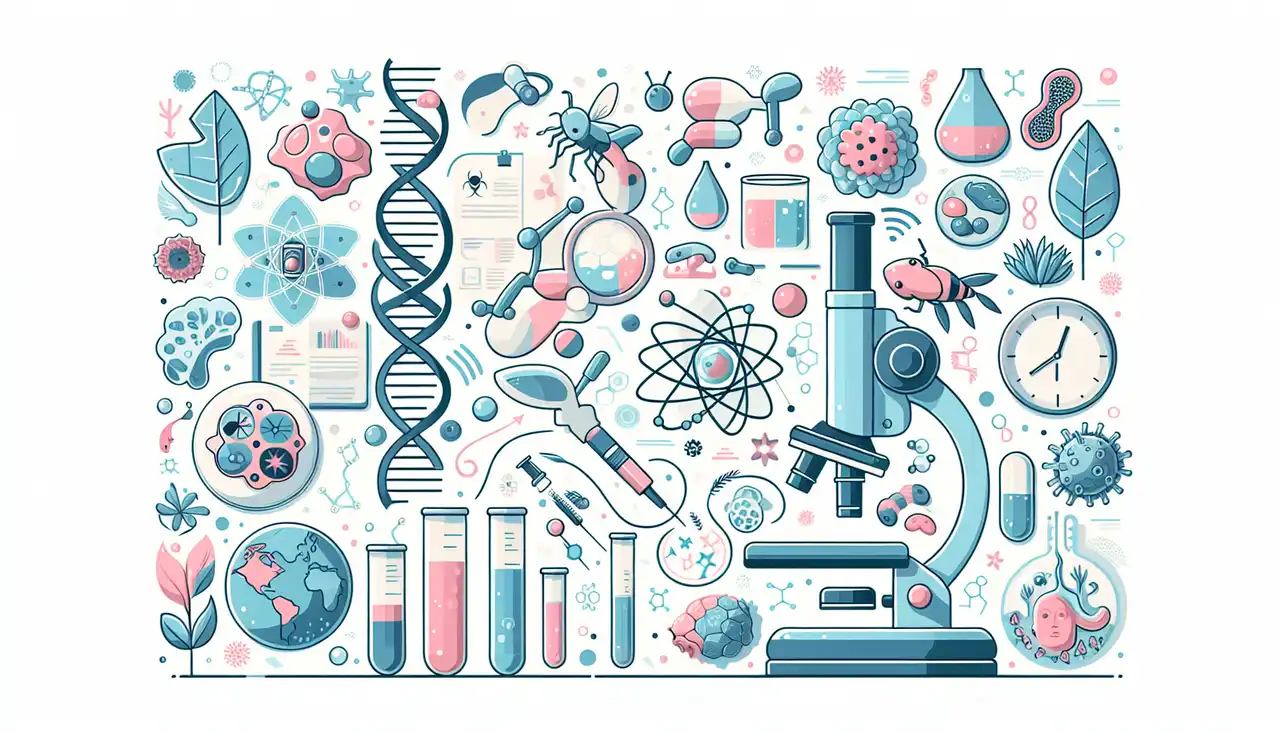

Robert E. Cleland
Dr. Robert E. Cleland is well-respected in the field of plant biology, serving as a Professor Emeritus in the Biology Department at the University of Washington. His distinguished career has been marked by groundbreaking research into the mechanisms that control plant cell elongation, a fundamental process in plant growth and development. Dr. Cleland's work has significantly advanced our understanding of how plant cells expand and adapt to their environments. In the earlier stages of his career, Dr. Cleland focused on the mechanical properties of elongating plant cell walls. He explored how these walls extend and the role of the plant hormone auxin in this process. His pioneering research demonstrated that auxin increases the extensibility of plant cell walls, a discovery that laid the groundwork for further exploration into the biochemical pathways involved in plant growth. Dr. Cleland, in collaboration with his colleague David Rayle, proposed a transformative theory that auxin prompts plant cells to excrete hydrogen ions (H+) into the cell wall. This process activates wall-loosening proteins, facilitating cell elongation. This innovative concept, known as the "acid-growth theory," has gained widespread recognition and has become a cornerstone in the study of plant physiology. Throughout his career, Dr. Cleland has been dedicated to advancing the field of plant biology through both his research and his mentorship of students and young scientists. His contributions have not only enriched the scientific community's understanding of plant growth but have also inspired a new generation of researchers to explore the intricate mechanisms of plant development. Dr. Cleland's legacy continues to influence the field, making him a revered figure in plant biology.
Publications
, 1925-1948, 1971-10-01
, 647-666, 1984-04-01
, 349-380, 1958-01-01
, 811-824, 1970-07-01
, 2673-2681, 1979-11-01
, 1519-1529, 1968-11-01
, 1821-1828, 1979-07-01